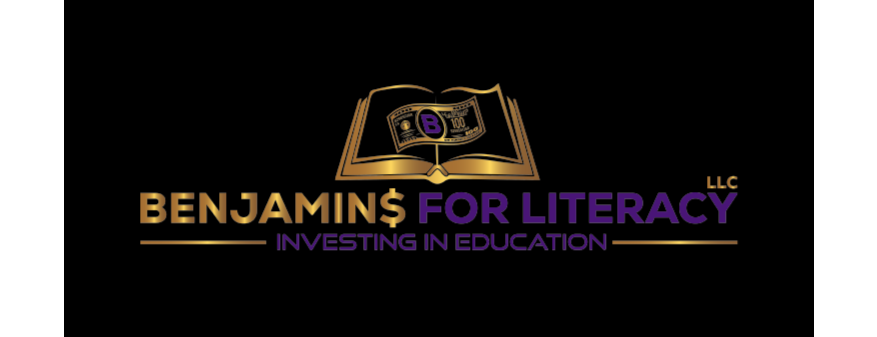Treatment and Help
What treatment options exist for Dyslexia?
Currently, no medications treat dyslexia. Instead, educational interventions can teach effective new ways to learn and read.
Children with dyslexia may work with a trained specialist to learn new reading skills. Sometimes, slowing down a lesson gives a child with dyslexia more time to cover topics. Work with your child’s school to ensure your child gets the education they deserve.
How can I help my child with dyslexia?
The most important thing you can do is to spend time reading aloud with your child. That time spent together can help them as they work on their reading skills.
It’s also important to remember that dyslexia isn’t something that your child has control over. Be patient and supportive. The encouragement and backing you provide can be the boost your child needs as they learn to manage their dyslexia. It can also help them feel less anxious or afraid about reading-related activities.
You can also be an advocate for your child. You and your child’s school can develop an Individualized Education Plan (called an IEP). This document sets personalized expectations and lesson plans for your child at school.
Is dyslexia in adults treatable?
Yes, adults can benefit from treatment for dyslexia. There are programs and tools available that can help you with dyslexia-related reading difficulties no matter your age.

Developing a Tutoring Program for a Student with a Learning Disability:
If a student discloses to you they have a learning disability before starting the tutoring session, determine the focus of the session. Both you and the student must understand the student's specific strengths and areas for improvement. Your first few sessions together should be spent discussing the
student's learning disability, how it may affect him/her in school, and techniques for compensating for
it. This is also the time to build trust. We believe this can be accomplished by:
Treating the student as an equal. The student may have a learning disability, but he/she also
possesses knowledge and talent you don't have.
Listening to what is important to the student. What areas of learning does he/she want to focus on?
Creating an atmosphere which permits the student to confide in you. It is important to find a location away from others, where the learning disabled student can feel comfortable to tackle
problems without fear of being embarrassed.
What does living with dyslexia mean?
A common misconception is that dyslexia is a disease. Another misconception is that a person with dyslexia is less intelligent. Both of these ideas are false. In fact, research shows no link between intelligence and dyslexia. Many people with dyslexia go on to achieve highly in their fields of choice.
Having dyslexia means reading is hard for you, not that you’re incapable or lazy. Finding techniques to help manage dyslexia is critical to successful learning and self-esteem. Understand that having dyslexia doesn’t reflect poor intelligence.
Interested in our services? We’re here to help!
We want to know your needs exactly so that we can provide the perfect solution. Let us know what you want and we’ll do our best to help.
